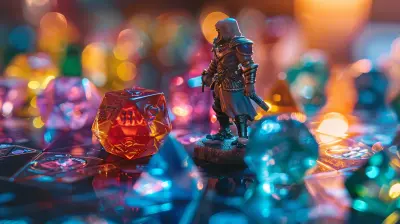How Voice Acting Revolutionized Character Immersion
16 June 2025
Let’s take a little trip back in time, shall we?
Picture this: it’s the early ‘90s. You’re huddled around your chunky CRT monitor, mashing buttons on your mechanical keyboard, diving into the pixelated depths of your favorite RPG. Your character (some square-headed warrior with a vaguely heroic look) is off to save the land from—well—something. The villain monologues? Just text boxes. Dialogue? You read it faster than you read cereal boxes on a boring morning.
And then… BAM! Voice acting entered the scene like a rockstar kicking open the doors to a quiet jazz club.
Suddenly, those silent protagonists and robotic text-box baddies were speaking. With actual voices. With emotion, drama, sass, sarcasm, and sometimes (let’s be honest) pure cheese.
In this article, we’ll crack open the treasure chest and dig into how voice acting revolutionized character immersion in gaming. Get comfy, because we’re about to chat about the unsung heroes behind your favorite lines, the tech magic, and why your brain is now emotionally attached to someone who technically doesn’t exist. 🎮🎤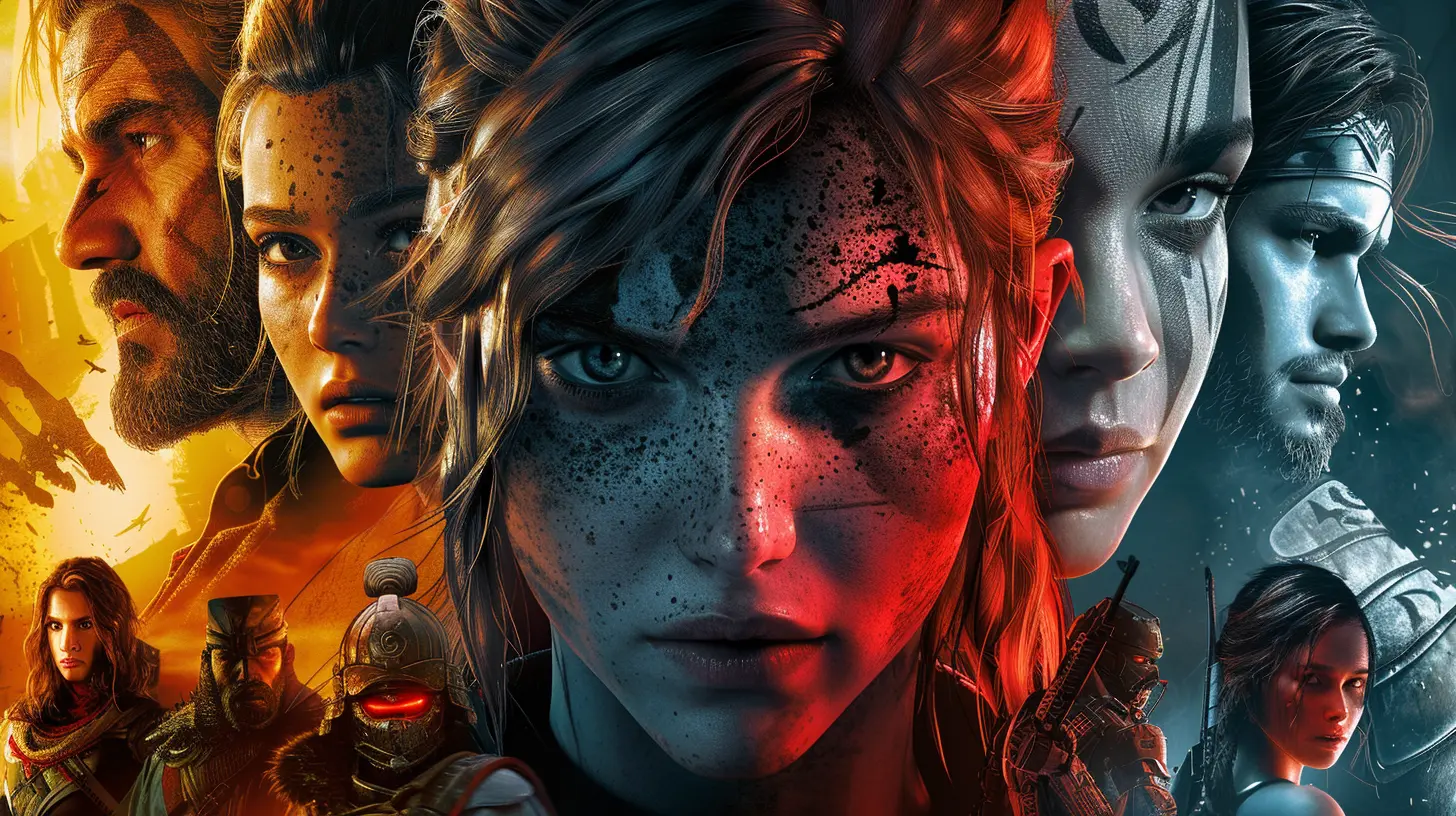
From Beeps to Brilliance — A Brief History
Before voice acting, game dialogue was like your uncle’s old email: dry, all caps, and crying out for a bit of personality. Developers had to work within major technical limitations—like fitting an entire game on a floppy disk. (Yes, kids, that was a thing.)But as technology caught up and storage sizes grew, developers finally had room to include actual human speech. “Resident Evil” (1996) gave us one of the earliest infamous voice-acted moments with the legendary “Jill sandwich” line. Was it Oscar-worthy? No. Was it iconic? Absolutely.
That moment kicked off a trend: if your game had even half a budget, you’d better toss in some voice acting. And the world of gaming would never be the same.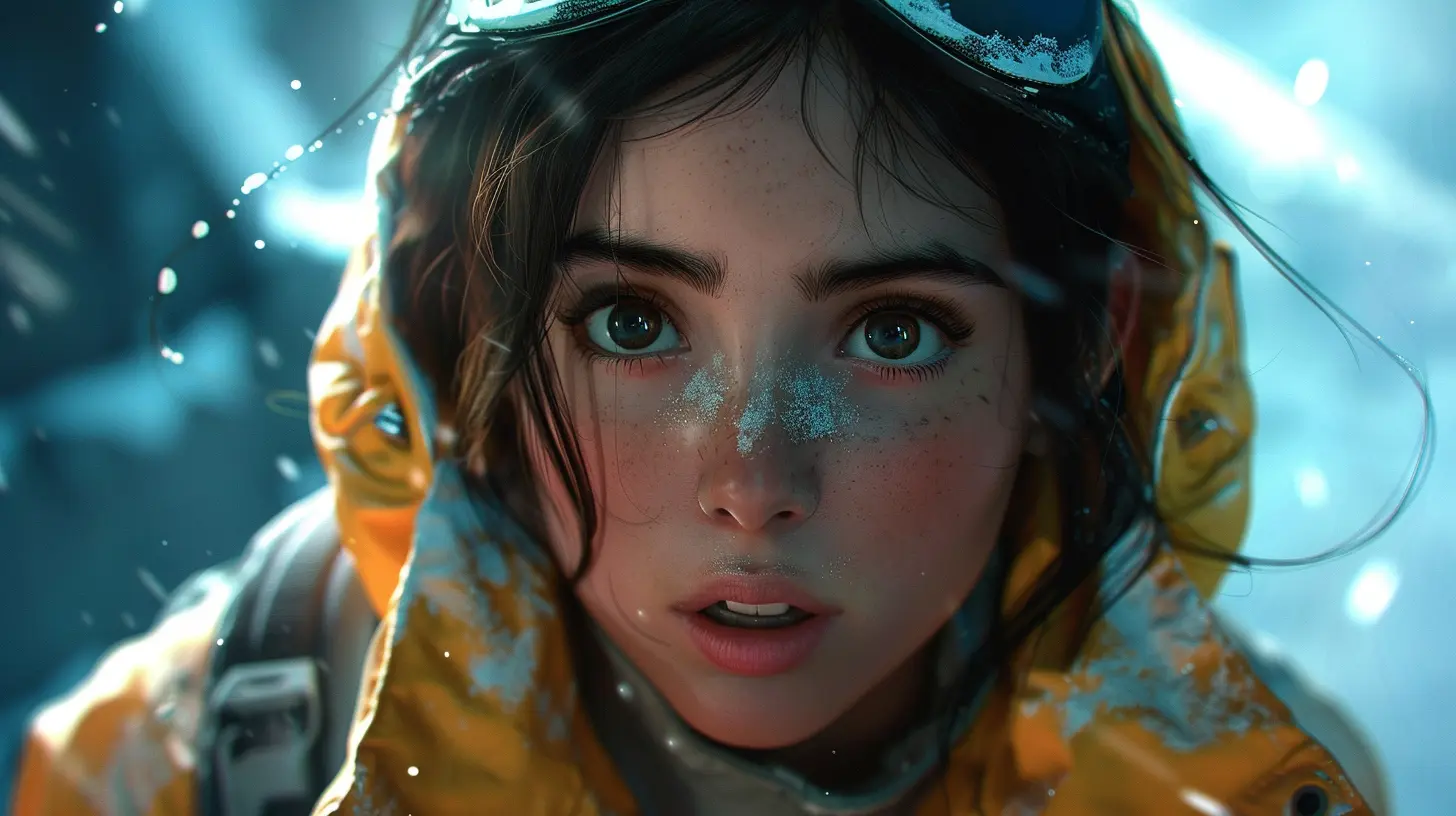
Players Got Voices — And We Listened
Here’s the thing: when characters speak, we believe them more.You can read “I’m going to save the kingdom” in a hundred different tones in your head. But when a voice actor says it with trembling urgency or cocky confidence? Boom—instant connection. It’s like the difference between texting “I’m fine” and someone saying it through gritted teeth. You know something’s up.
Voice acting gives players:
- Emotional weight: Suddenly, you care.
- Distinct personalities: You’re not just “elf ranger #2”—you’re sarcastic, you’ve got a grudge, and your accent is vaguely British.
- Immersive storytelling: Dialogue no longer breaks flow; it enhances it.
Games like “The Last of Us,” “Mass Effect,” and “God of War” aren’t just gameplay experiences—they’re emotional rollercoasters, largely thanks to rock-solid voice performances.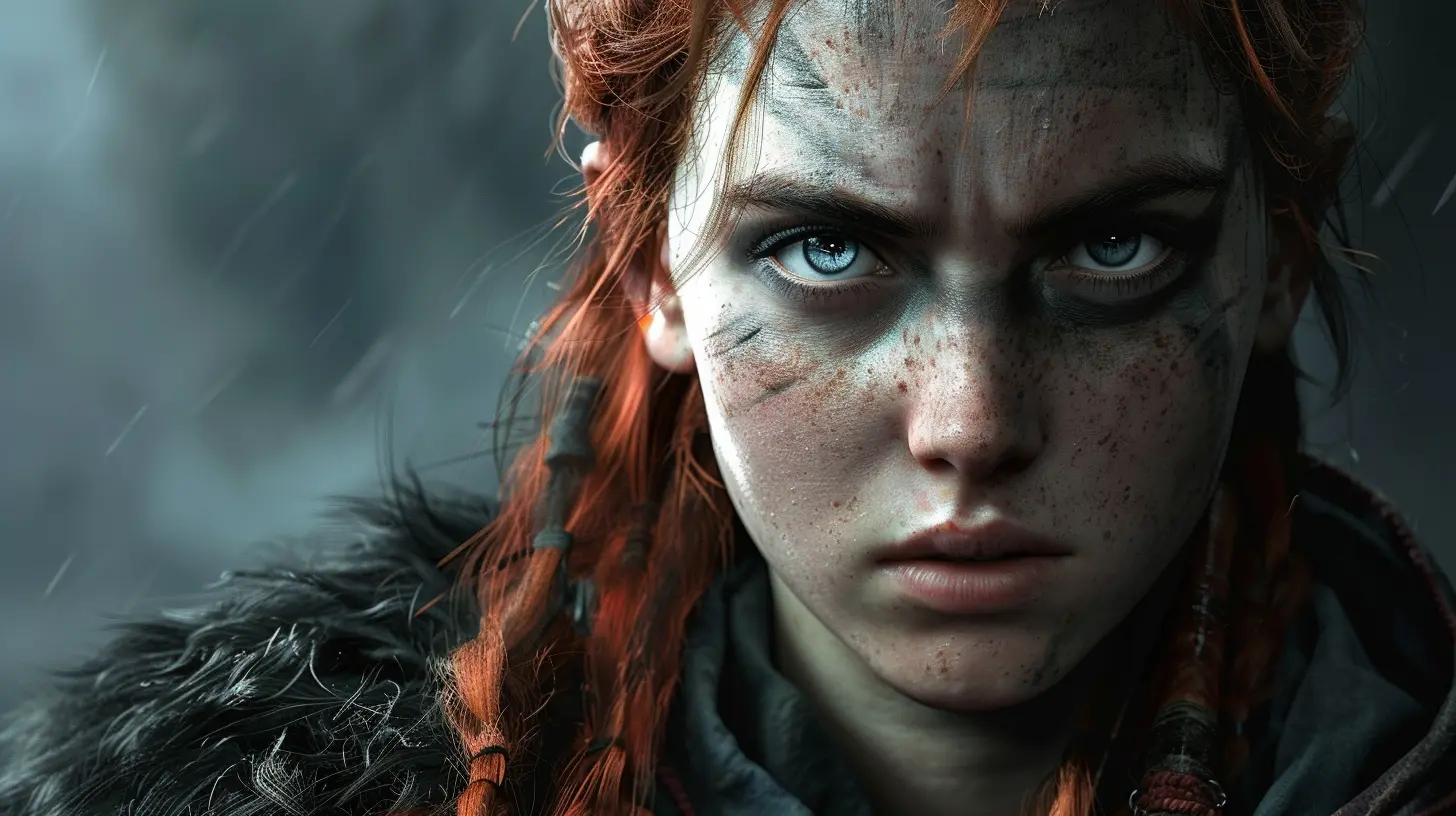
The Power of Performance — More Than Just Talking
Voice acting in games isn’t just about reading lines into a mic. Nah, it’s acting in every sense of the word.Let’s talk about performance capture—where actors don tight spandex suits with ping-pong balls attached (seriously, Google it). Their body language, facial expressions, and voice are all recorded to bring characters to life. Suddenly, Kratos isn’t just swinging blades—he’s grieving, scowling, and parenting (as best he can).
This fusion of audio and visual performance creates characters that feel like real people. Your brain? It totally falls for it.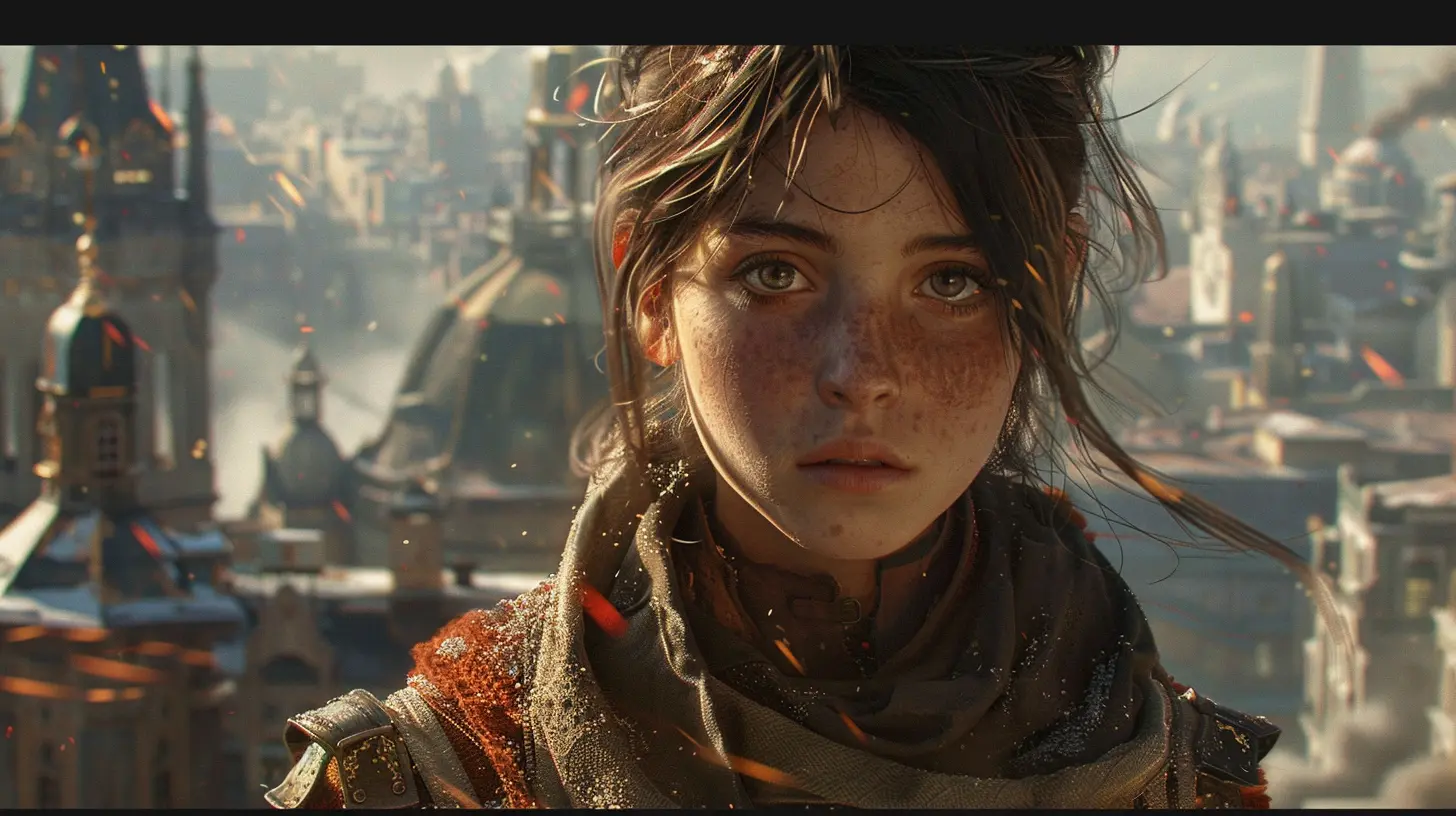
Laughs, Tears, and Rage Quits – Emotional Engagement on Steroids
You ever yelled at a character through the screen? Not in rage, but like, “How could you betray me, man?!”That’s the power of voice acting. A well-delivered line can make you sob uncontrollably (looking directly at you, “Red Dead Redemption 2”) or laugh so hard you accidentally knock over your Mountain Dew.
Characters become companions. Villains become loathed. And moral choices feel heavier when someone’s pleading with you using their actual voice.
Imagine “Portal” without GLaDOS’s deadpan sarcasm. Or “Borderlands” without Claptrap’s annoying-yet-weirdly-endearing chatter. You’d still have the gameplay—but the heart? The soul? Gone.
Voice Acting = World Building Gold
Here’s where things get spicy. Voice acting doesn’t just help characters—it breathes life into entire worlds.Think about walking through a game like “Skyrim.” The world feels alive because you hear blacksmiths grumbling, townsfolk chatting, and guards warning you not to steal sweetrolls. That auditory layer turns static environments into dynamic, believable places.
Even background chatter adds depth. Like overhearing juicy gossip in “Dragon Age” or hilarious banter in “GTA V.” That’s flavor, baby—and it’s all thanks to voice actors doing the vocal equivalent of seasoning the soup.
It’s Not Just AAA — Indies Are In on It Too
You think voice acting’s just for the big-budget Marvel-style games? Think again.Indie developers have been adding voice talent to their games as a way to punch above their weight class. Games like “Hades,” “Oxenfree,” and “Celeste” showcase phenomenal voice work that elevates storytelling to a whole new level.
Even with minimal visuals and simple mechanics, a strong performance can wreck your emotions or make you burst out laughing. It’s like adding hot sauce to scrambled eggs—it’s simple, but now it slaps.
The Rise of Celebrity Voice Actors (A Mixed Bag, Honestly)
Now, we can’t talk about voice acting in games without addressing the elephant in the booth: celebrities.We’ve seen Hollywood stars hopping into gaming franchises like it’s Coachella. Keanu Reeves in “Cyberpunk 2077,” Norman Reedus in “Death Stranding,” and even Idris Elba now showing up with his silky voice and unmatched swagger. Sometimes this works wonderfully. Other times… well, let’s just say reading off a script isn’t the same as living it.
Trained voice actors often outshine celebs because they specialize in selling emotion through voice alone. No dramatic camera angles, no stage lights—just a mic, a booth, and raw talent.
When Voice Acting Goes Horribly (and Hilariously) Wrong
Not all voice acting is gold. In some cases, it's more like a badly dubbed soap opera from outer space.Honorable mentions: “Resident Evil” (again, sorry), early “House of the Dead” games, and most mid-2000s budget RPGs.
But here’s the thing: even bad voice acting is memorable. It sticks with us. It becomes meme-worthy. It’s like that one friend who can’t sing but still belts it out at karaoke—annoying yet oddly lovable.
The Future Sounds Even Better
With AI voice synthesis entering the chat (uh oh), the world of voice acting is standing at a crossroads. Some developers are experimenting with algorithmically generated voices to save budget or streamline production. But here’s the catch: AI can’t replicate soul. Yet.Will AI ever match the nuance of a voice cracking during a heartbreaking monologue? Maybe one day—but for now, human voice actors are safe, because let’s face it, there’s no AI alive that can match Jennifer Hale’s emotional range or Nolan North’s endless charm.
So, Where Does That Leave Us?
Voice acting has become the secret sauce that transformed video games from digital toys into emotional experiences. It turned silent avatars into complex, relatable, and sometimes outrageously funny characters.Whether it’s a whisper in the dark, a roar across the battlefield, or a sassy quip before a boss fight, the voices behind the characters have taken us deeper into the game world than ever before.
So, next time you’re emotionally wrecked by a plot twist or genuinely laughing out loud at in-game banter, take a moment to thank the voice talent behind the digital curtain. They’re not just talking—they’re breathing life into your wildest adventures.
TL;DR (But Let’s Be Real, You Skimmed Anyway)
- Early video games were mute – just text, beeps, and your imagination.- Voice acting revolutionized gaming immersion by bringing characters to life.
- Emotional performances make players genuinely care, laugh, cry, or throw their controller in rage.
- Performance capture blends physical acting with voice work for ultra-realistic characters.
- Voice acting adds flavor to game worlds, even in indie titles.
- Celebrity voice acting is a mixed bag, but pros still dominate.
- Bad voice acting = unintentional comedy gold.
- Future? Probably more AI voices, but humans still rule… for now.
Final Thoughts
So yeah, voice acting isn’t just cool—it’s essential for modern games. And if you've ever sobbed over a pixelated hero or fist-pumped during a closing monologue, you already know the truth:Voice acting didn’t just revolutionize character immersion...
It made it.
all images in this post were generated using AI tools
Category:
Video Game CharactersAuthor:

Lana Johnson
Discussion
rate this article
2 comments
Dolores Williams
Voice acting: because silent characters deserve a voice too!
June 17, 2025 at 4:39 AM

Lana Johnson
Absolutely! Voice acting brings depth and personality to silent characters, enhancing immersion and allowing audiences to connect on a deeper level.
Wolf Potter
Voice acting has truly transformed character immersion in gaming. It adds depth, emotion, and personality, making players feel more connected to the story and characters. A game-changer!
June 16, 2025 at 4:06 AM

Lana Johnson
Thank you for your insightful comment! I completely agree—voice acting indeed elevates the gaming experience by enhancing emotional connection and storytelling depth.

